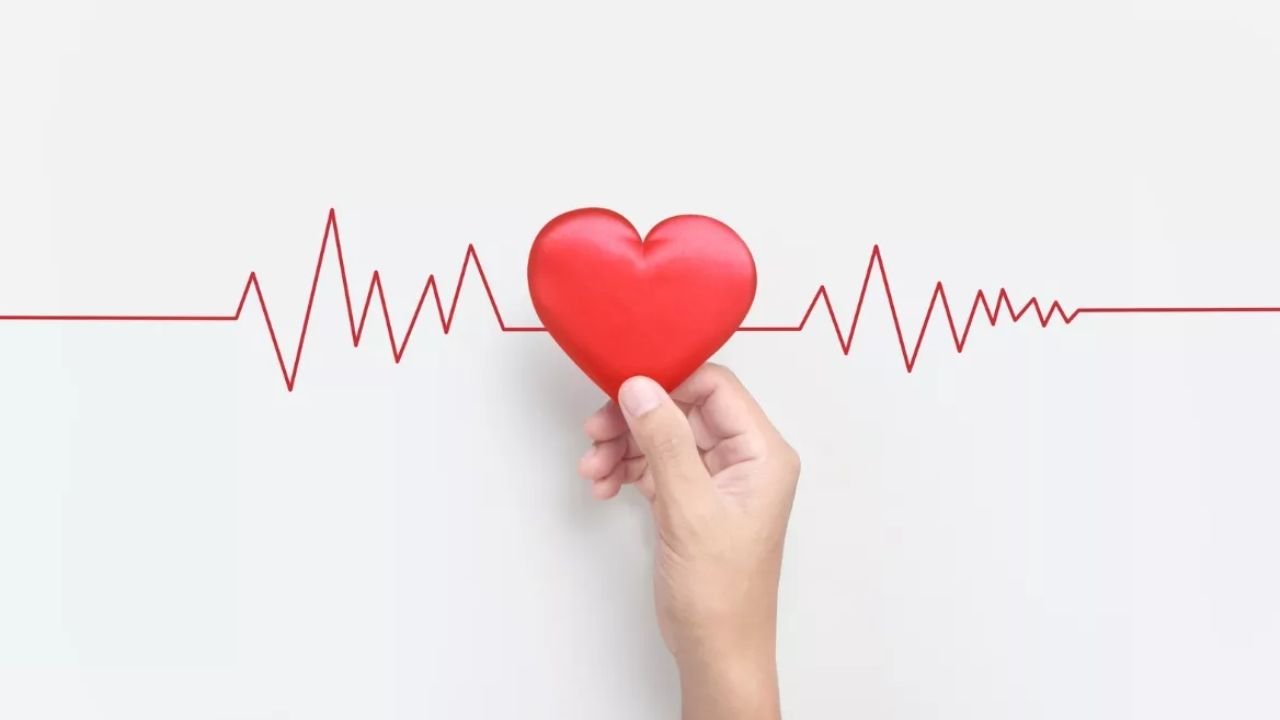When you’re struggling with addiction, it can feel like you’re drowning in a storm that won’t end. Some days you’re sure you’ve got control, and other days you barely recognize yourself. You might’ve heard about people going away for weeks or even months to rehab, shutting out the world just to get clean. And while that works for some, it’s not the only way to fight addiction—and it’s not always the best way either.
There’s something called IOP, or Intensive Outpatient Program, and it offers a different path—one that lets you stay in your life while learning how to change it. For people who can’t step away from work, family, or just everyday responsibilities, IOP is a flexible, powerful, and often life-changing option. It doesn’t ask you to disappear to heal. It helps you rebuild right where you are.
Let’s talk about why that matters and how this kind of support can completely shift your recovery journey.
Finding Real Help Without Losing Your Life
Addiction doesn’t pause your rent, your job, your kids’ school drop-offs, or your grocery list. Not everyone has the luxury—or the desire—to step away from their whole life for inpatient treatment. That’s where IOP shines.
IOP is structured enough to offer serious help, but flexible enough to fit around your daily responsibilities. You don’t have to give up everything just to get better. You meet with counselors, join group therapy, and work on recovery strategies several times a week—but you do it on a schedule that lets you go home afterward. That’s a huge deal for people who don’t want their lives to come to a full stop just because they’re trying to get healthy.
There’s a lot of shame tied up in addiction, even though there shouldn’t be. One of the hardest things is asking for help when you feel like you should’ve handled it already. IOP allows you to take back control without having to explain your absence to every person in your life. You’re showing up. You’re doing the work. And you’re doing it while still being part of your world.
How Support Feels Different When It’s Built Into Your Routine
There’s something powerful about getting help in the middle of your real life. You’re not in a bubble. You’re not off the grid. You’re living the life that challenged you—and learning, step by step, how to face it without using.
That’s part of the beauty of IOP. You get tools and support, and then you take them right into your actual environment. You have the chance to practice what you’re learning in real time. Mess up? You can talk it through at your next session. Feel proud of a small win? You can share that too. It’s immediate. It’s grounded. It’s not just theory—it’s your life, actively being reshaped.
Now, some people need more privacy or flexibility. For them, virtual IOP can be a lifeline if they don’t have easy access to in-person programs, or if getting to a clinic just isn’t possible. The beauty of that option is you still get the connection, the guidance, the check-ins—you just do it from your own space. That kind of access can make all the difference for someone on the edge of giving up.
Whether you go in person or do it from home, you’re not going through this alone. And sometimes that’s the biggest hurdle—just not feeling like it’s all on your shoulders.
Why IOP Works When Other Options Feel Out Of Reach
You’ve probably heard that you need to hit rock bottom before you get better. But that’s just not true. People get better when they get the right help at the right time. And for a lot of people, that help is IOP.
What makes IOP so effective isn’t just the therapy or the support groups—it’s the way it connects to your real-world habits. You talk through your triggers right after you face them. You learn what to do when cravings hit—not in theory, but when they actually happen. You don’t just prepare for the world after treatment. You live in it while you’re healing.
The effectiveness of IOP cannot be overstated when you’re looking for something sustainable. It’s not a bubble that pops once you leave. It’s recovery that grows with you. And that kind of continuity can build confidence you never thought you’d have.
You might go into IOP feeling unsure. You might not even believe it will work for you. But as the weeks go on, you start to notice changes. Maybe you’re sleeping better. Maybe you’re reaching out instead of isolating. Maybe you’re starting to believe you’re worth the effort. That’s IOP working from the inside out.
Connection Is the Opposite of Addiction
When you feel ashamed or broken, it’s easy to push people away. But healing rarely happens in isolation. IOP centers connection—connection to others who get it, to professionals who care, and to your own sense of possibility.
Group therapy isn’t just about sharing—it’s about hearing that someone else messed up too and didn’t give up. It’s about laughing again, maybe for the first time in weeks. It’s about learning from people who are a little further down the road and realizing, “If they can, maybe I can too.”
You also get individual counseling in IOP. You get space to talk about your fears, your past, your habits—without judgment. Just you and someone who’s trained to help you dig through it, sort it out, and rebuild. That kind of one-on-one support can uncover what your addiction was really trying to hide, and that’s when the healing starts to stick.
The relationships you form during IOP can last beyond the program. Some people make lifelong friends. Others find mentors. Sometimes, just knowing you’re not the only one changes everything.
IOP Doesn’t Just Treat the Addiction—It Strengthens You
Recovery isn’t just about quitting a substance. It’s about rebuilding your identity without it. IOP helps with that. You don’t just learn how to stop using. You learn how to deal with stress, how to set boundaries, how to communicate with people in your life again.
You might start exploring things like mindfulness, nutrition, creative outlets, or just learning how to be still without feeling like you’re going to fall apart. Bit by bit, you start becoming someone who knows how to cope with hard days, not just escape from them.
Addiction tries to shrink your world down to just you and whatever it is you’re using. IOP opens that world back up. You begin to remember what it feels like to hope. You realize your future doesn’t have to look like your past. And you find the strength you forgot you had.
Getting better isn’t a straight line, and nobody does it perfectly. But if you’re ready to try something that fits into your life and helps you grow stronger day by day, IOP could be the place where things finally start to shift. You don’t have to disappear to heal. You just have to start.



